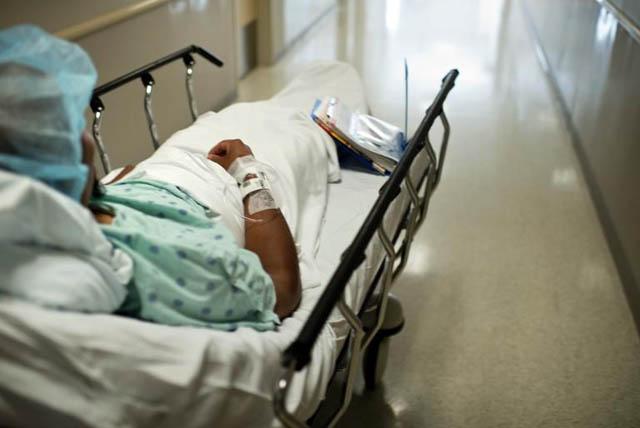You are here
Jordan’s medical monitoring system to include Candida auris fungus
By JT - Apr 02,2023 - Last updated at Apr 02,2023
AMMAN — The Jordanian National Centre for Epidemics and Communicable Diseases Control (JCDC) on Sunday recommended the inclusion of the “Candida auris” fungus in the national system for monitoring antimicrobial resistance medicines, especially in hospitals.
In a statement, the JCDC called for strict infection control measures to be implemented in hospitals. The centre also urged that institutions raise awareness among healthcare workers to protect patients from infection. The centre also emphasised the importance of adherence to policies and protocols in the fight against antibiotic resistance.
This type of fungus is not currently included in national monitoring systems, without any previous reports of infections of this fungus in Jordanian hospitals, and currently is expecting a “low infection spread”, according to the Jordan News Agency, Petra.
The centre emphasised that the recent spread of Candida auris infections in healthcare facilities in the US does not pose a threat to public health in Jordan. However, the fungus can be dangerous to patients with significant health risks who have been in hospitals for a long time and require medical intervention such as respiratory, central venous catheters and urinary catheters.
The mortality rate for infected patients is 30-60 per cent, and the microbe is difficult to diagnose, the statement said.
The Candida auris, which was only discovered 10 years ago, is considered one of the most dangerous microbes found within hospitals worldwide. The fungus can spread through contact with contaminated surfaces, environmental equipment or from person to person through contaminated hands.
This type of microbe has spread to many parts of the world, and recent research suggests that climate change might be behind the increase in its spread. The fungus acquired the name Auris from the Latin word for "ear", as the fungus is known to cause ear infections.
Related Articles
On any given day, one in 25 hospitalised patients — 4 per cent — is battling an infection picked up in a hospital or other healthcare facility, according to a new survey by the Centres for Disease Control and Prevention (CDC).
The new coronavirus appears to linger in the air in crowded spaces or rooms that lack ventilation, researchers found in a study that buttres
Shigella bacteria is the cause of the poisoning cases reported in Jerash's Jubbah region, Director of Jerash Public Hospital Sadeq Ottoum sa

















